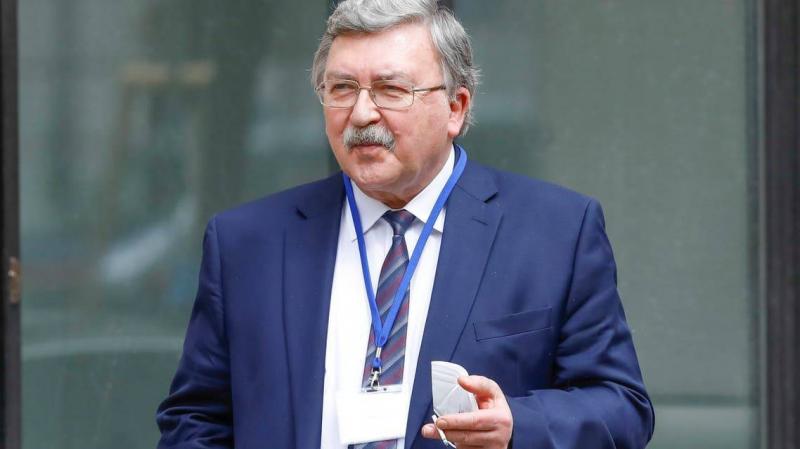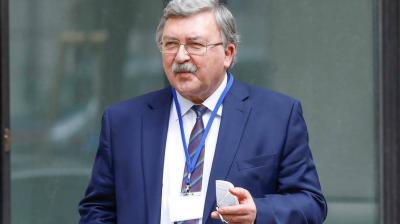All international indications suggest that the negotiations ongoing for months with Iran in Vienna are nearing a positive conclusion. Russian envoy Mikhail Ulyanov seems to align with this atmosphere, as he hinted a few hours ago that the world is awaiting great news. He stated in a tweet that the heads of the delegations from the three European countries have left the Austrian capital for just a few days, but their teams remain in Vienna for further consultations, adding, "This is wonderful and encouraging! We are close to successfully concluding discussions on the Joint Comprehensive Plan of Action."
However, a source close to Iran's Supreme National Security Council downplayed this optimism, stating in a brief remark reported by local media today that "it is impossible to predict when the final agreement will be reached."
**Real Progress**
White House spokesperson Jen Psaki also confirmed last night that the indirect nuclear negotiations with Iran made progress over the past week and "are still making real progress," adding that a joint return to the Iranian nuclear agreement could be achieved within days "if Tehran demonstrates the required seriousness."
Additionally, a senior EU official stated yesterday that a U.S.-Iranian deal to revive the 2015 nuclear agreement is now very close, but its success depends on the political will of the parties involved.
**Ulyanov’s Tweet**
He expressed hope that the agreement would be finalized in a week or two, stating, "I believe we have a text on the table that is very, very close to what will be a final agreement."
It is noteworthy that the talks in the Austrian capital began in April of last year but stalled in June with the election of hardline Iranian President Ebrahim Raisi, resuming in November (2021) to the present. In recent days, understandings have been reached on several topics between Iran and the participating countries (Germany, France, and the UK, along with Russia and China, with the U.S. participating indirectly), although some issues remain unresolved, including guarantees requested by Tehran against a future U.S. withdrawal from the agreement. Meanwhile, Washington and European negotiators assert that it is impossible to bind future U.S. administrations to refrain from withdrawing from any nuclear agreement reached in the future.




